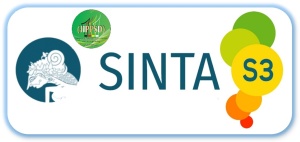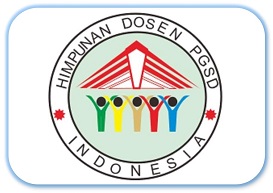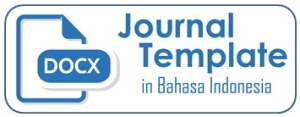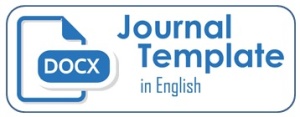EFEKTIVITAS PERAN DAN FUNGSI KEPALA SEKOLAH MELAKSANAKAN PROGRAM PENINGKATAN MUTU PENDIDIKAN SD
 ),
), (1) Universitas Negeri Lampung
 Corresponding Author
Corresponding Author
DOI : https://doi.org/10.24036/jippsd.v2i1.100049
Full Text:
 Language : en; ind
Language : en; ind
Abstract
This study aimed to analyze and describe effectivity of headmaster role and function to implementing program for improving quality of education in private elementary school of Metro City. The research approach used is qualitative with case study design on the effectiveness of headmaster role and function as educator, manager, administrator, supervisor, leader, innovator, motivator, and entrepreneur. Sources of research data are headmaster, vice headmaster, teachers, committees, supervisors, foundation, and administrative staff of schools with purposive sampling techniques. Data collection techniques used interviews, observations and documentation studies. Data analysis used Miles and Huberman interaction model is data collection, data reduction, data presentation and conclusion. The results of the study are expected to effectively implement the headmaster role and function and involve the stakeholders in an optimal manner.
Keywords: effectiveness, headmaster role and function
References
Abdul Ghani Abdullah, et al. 2008. Headmaster’s Managerial Roles Under School Based Management and School Improvement: A Study in Urban Secondary Schools of Bangladesh. Educationist. Vol. 2, No. 2, ISSN 19078838. 63-73.
Ambarita, A. (2015). Kepemimpinan Kepala Sekolah. Yogyakarta: Graha Ilmu.
Daft, R. L. (2010). New Era of Management. Nelson Education, Canada: Ltd.
Djandji Purwanto. 2017. Center of Developing and Empowering the Educators and the Educational Personnels Fields of Automotive and Electronics of Malang. Journal of Applied Management (JAM). Volume 15 Number 3, Indexed in Google Scholar. DOI: http://dx.doi.org/ 10.21776/ ub.jam.2017.015.03.04
Emzir. (2011). Metodologi Penelitian Kualitatif, Analisis Data. Raja Jakarta: Grafindo.
Halawah, I. 2011. Factors Influencing College Students’ Motivation to Learn from Students’ Perspective. Journal of Education, 132 (2), 379-391.
Lunenburg, F. C. (2008). Educational Administration. Nelson Education, Canada: Ltd.
Manullang, M. (1996). Dasar-dasar Manajemen. Jakarta: Ghalia Indonesia.
Martin, K. M. (1994). Management. New York: McGraw-Hill, Inc.
Miles, MB. & Huberman, AM. (1992). Qualitatif Data Analisys (terjemahan Tjetjep Rohendi Rohidi). London: Sage Publishing.
Moleong, L. J. 2010. Metodologi Penelitian Kualitatif. Bandung: PT Remaja Rosdakarya.
Mulyasa, E. (2009). Manajemen Berbasis Sekolah. Bandung: Remaja Rosdakarya.
Noor Muhammadi, et al. (2015). The Madrasah Leadership, Teacher Performance and Learning Culture to Improve Quality at Madrasah Tsanawiyah Negeri Jakarta of South. Journal of Management and Sustainability; Vol. 5, No. 2; ISSN 1925-4725 E-ISSN 1925-4733
Pidarta, Made. (2004). Manajemen Pendidikan Indonesia. Jakarta: Rineka Cipta.
Rohiat, M.Pd. (2010). Manajemen Sekolah Teori Dasar dan Praktik Dilengkapi dengan Contoh Rencana Strategis dan Rencana Operasional. Bandung: Refika Aditama.
Sugiyono. (2010). Metode Penelitian Pendidikan. Bandung: Alfabeta.
Terry, George R. (1991). Prinsi-prinsip Manajemen. Jakarta: Bumi Aksara.
Wong Ai Yieng, Khadijah Daud. (2017). Headmaster Technology Leadership in Malaysia Elementary Schools. Journal of Education and Learning. Vol. 11 (2) pp.154164.DOI:10.11591/edulearn.v11i2.5573
 Article Metrics
Article Metrics
 Abstract Views : 557 times
Abstract Views : 557 times
 PDF Downloaded : 134 times
PDF Downloaded : 134 times
Refbacks
- There are currently no refbacks.







